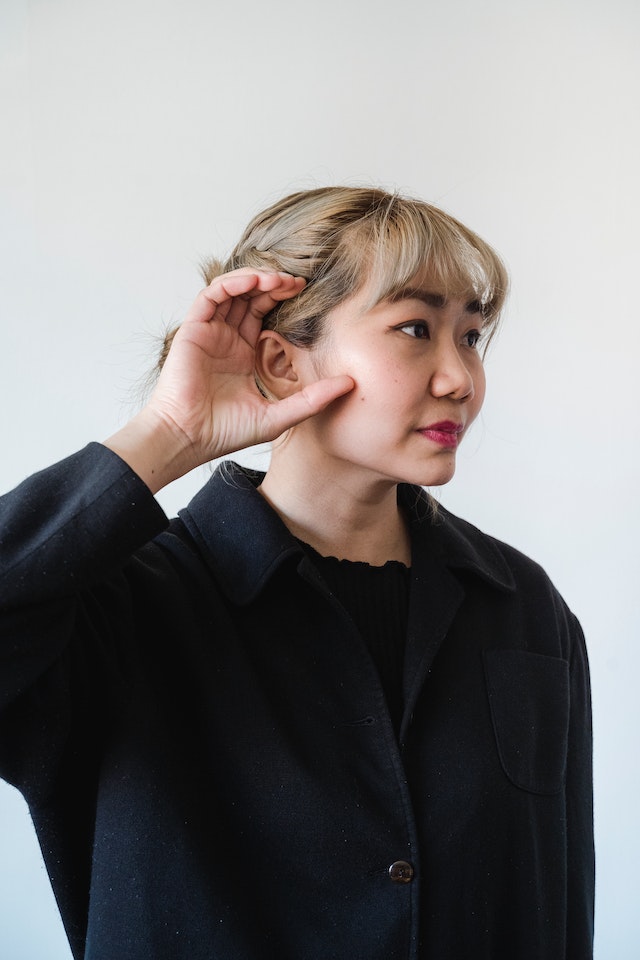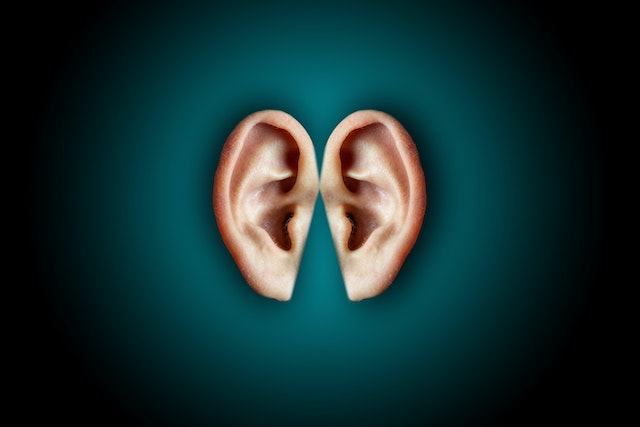 In this article, we will explore the relationship between tinnitus and hearing loss and delve into effective treatment solutions that can help you find relief and regain control over your auditory experiences. Tinnitus, often described as a persistent ringing, buzzing, or humming in the ears, is a condition that frequently coexists with hearing loss. This dual challenge can significantly impact your quality of life.
In this article, we will explore the relationship between tinnitus and hearing loss and delve into effective treatment solutions that can help you find relief and regain control over your auditory experiences. Tinnitus, often described as a persistent ringing, buzzing, or humming in the ears, is a condition that frequently coexists with hearing loss. This dual challenge can significantly impact your quality of life.
The Connection Between Tinnitus and Hearing Loss
Tinnitus and hearing loss are often intertwined, and several factors contribute to their connection:
Damage to Inner Ear:
In many cases, both tinnitus and hearing loss result from damage to the delicate structures of the inner ear. Exposure to loud noises, aging, or other factors can harm the hair cells in the cochlea, leading to both conditions.
Reduced Auditory Stimulation:
Hearing loss diminishes the external sounds your ears can perceive, making tinnitus more noticeable. The brain compensates for the reduced auditory input by amplifying the perception of internal sounds, such as tinnitus.
Shared Risk Factors:
Tinnitus and hearing loss share common risk factors, such as exposure to loud environments, genetics, and certain medical conditions. These factors can increase the likelihood of experiencing both conditions simultaneously.
Effective Treatment Solutions
Managing tinnitus and hearing loss together requires a multifaceted approach. Here are some effective treatment solutions to consider:
Hearing Aids:
Hearing aids are a valuable tool for individuals with both tinnitus and hearing loss. They amplify external sounds, making it easier to hear and reducing the contrast between background noise and tinnitus.
Sound Masking:
Sound therapy, including white noise or nature sounds, can mask or distract from the tinnitus noise, providing relief and improving your overall auditory experience.
Cognitive Behavioral Therapy (CBT):
CBT can help you address the emotional distress associated with tinnitus and hearing loss. By reframing negative thought patterns and behaviors, you can reduce anxiety and depression.
Cognitive Retraining Therapy (CRT):
CRT focuses on retraining your brain’s perception of sound, helping you habituate to tinnitus. This therapy can be particularly effective when combined with hearing aids.
Lifestyle Modifications:
Making healthy lifestyle choices, such as reducing exposure to loud noises and managing stress, can help alleviate tinnitus and improve overall well-being.
Consulting a Specialist
Given the complexity of tinnitus and hearing loss, seeking guidance from a specialist is essential. Tinnitus treatment specialists, like Stephen Geller Katz, LCSW-R, have the expertise to assess your unique situation and recommend a tailored treatment plan that addresses both conditions.
Don’t let the combination of tinnitus and hearing loss diminish your quality of life. With the right treatment solutions and professional guidance, you can find relief and enjoy a more harmonious auditory experience.
Contact Information
Tinnitus Cognitive Center™
Stephen Geller Katz, LCSW-R
Phone: 646-213-2321
All sessions are conducted online.
Dr. Katz speaks 5 languages.


 In this article, we will explore the relationship between tinnitus and hearing loss and delve into effective treatment solutions that can help you find relief and regain control over your auditory experiences. Tinnitus, often described as a persistent ringing, buzzing, or humming in the ears, is a condition that frequently coexists with hearing loss. This dual challenge can significantly impact your quality of life.
In this article, we will explore the relationship between tinnitus and hearing loss and delve into effective treatment solutions that can help you find relief and regain control over your auditory experiences. Tinnitus, often described as a persistent ringing, buzzing, or humming in the ears, is a condition that frequently coexists with hearing loss. This dual challenge can significantly impact your quality of life. In this post, we will discuss the link between tinnitus and hearing loss and provide tips for protecting your auditory health. Tinnitus, the sensation of ringing or buzzing in the ears, affects millions of people worldwide. It can be a debilitating condition, leading to anxiety, depression, and sleep disturbances. One of the most
In this post, we will discuss the link between tinnitus and hearing loss and provide tips for protecting your auditory health. Tinnitus, the sensation of ringing or buzzing in the ears, affects millions of people worldwide. It can be a debilitating condition, leading to anxiety, depression, and sleep disturbances. One of the most 
